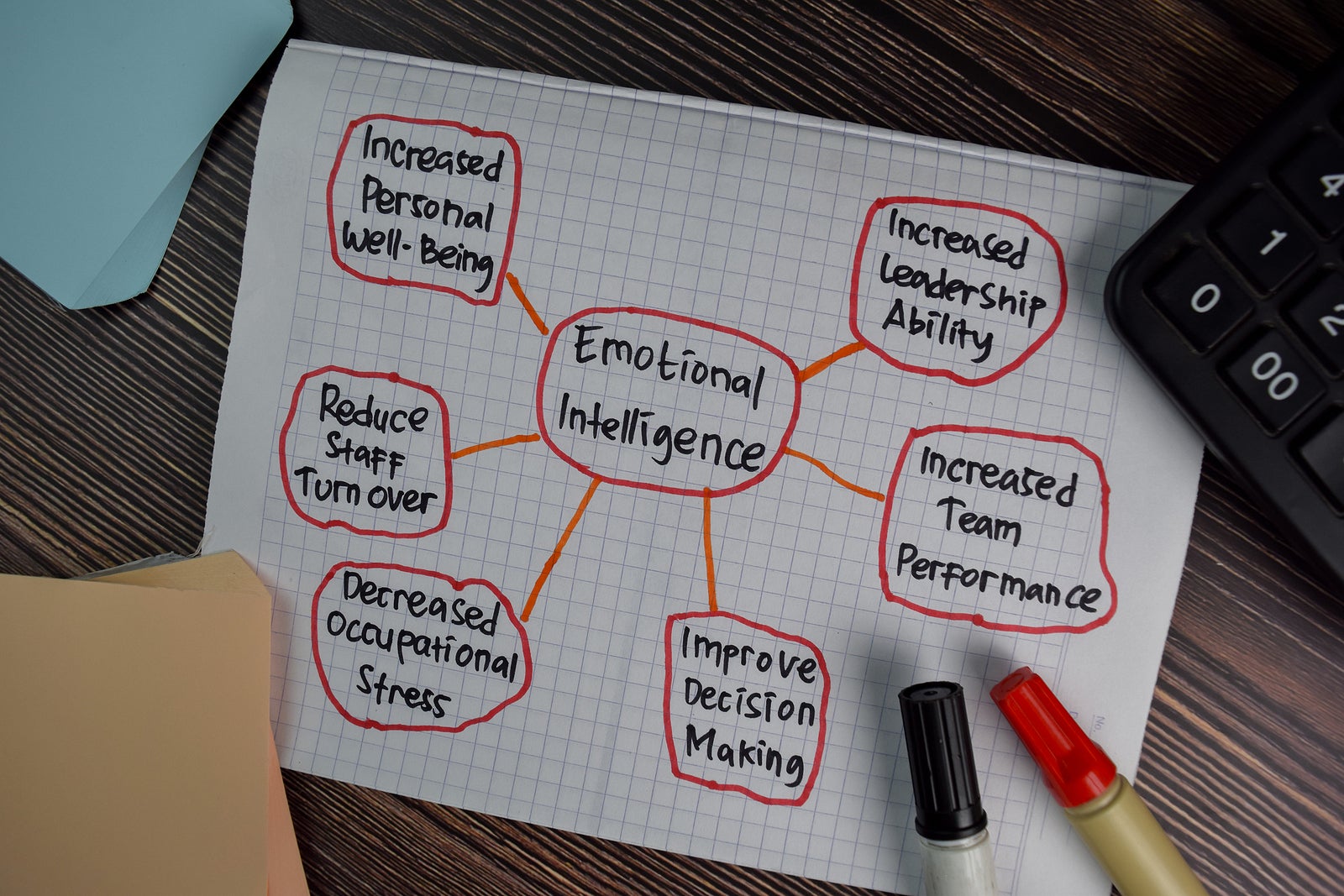Ready to Up Your Leadership Skills? Emotional Intelligence is the Key
By: Brian Wallace

What makes a great leader? Is it skill? Expertise? Education? IQ? Actually, according to author Dan Goleman, all the greatest leaders do have one thing in common: emotional intelligence.
The phrase, “emotional intelligence” first came to light in a research paper by psychology professors, John D. Mayer and Peter Salovey, in 1990. Dan Goleman then furthered its popularity with this book, “Emotional Intelligence: Why it Can Matter More than IQ” in 1995. According to Mayer, emotional intelligence is defined as, “the ability to accurately perceive your own and others’ emotions; to understand the signals that emotions send about relationships; and to manage your own and others’ emotions.”
The characteristics that embody this definition are those of self-awareness, self-regulations, empathy, social skills, and motivation. All of these combine to make great leaders and great employees. In fact, those with high emotional intelligence are 7x more likely to be effective leaders, and those leaders are 7x more likely to turn a higher profit. Emotionally intelligent leaders are also adept at employee engagement, which means a lower turnover rate, higher productivity and higher customer or guest satisfaction.
Emotional intelligence in the workplace leads to stronger interpersonal relationships, improved leadership abilities, and greater job satisfaction. These attributes are partially resulted from the fact that those with high emotional intelligence are more likely to embrace cross-cultural experiences, feel positively about their employers, remain with a company longer, and earn promotions and salary increases. Ninety percent of the highest performing employees also have high emotional intelligence.
Another example of emotional intelligence at work is in restaurant managers. Those with high emotional intelligence increase their profits by 34%, increase employee retention, and have greater customer satisfaction over all.
Emotional intelligence can be summed up in personal characteristics: self-awareness, self-regulation, empathy, social skills, and motivation. With these characteristics, a person is able to navigate stressful situations while being aware of one’s own emotions and limitations, being able to respond reasonably and appropriately, and being able to understand and predict others’ emotions. Emotionally intelligent people are well liked by others and get along with others in a friendly manner. They also are able to receive feedback that will help them to improve and they’re able to keep pushing forward despite obstacles.
Emotional intelligence can benefit someone far beyond the limits of education and IQ alone can do. Of course, education and IQ do matter, but emotional intelligence completes the package and can make up for many areas where education and IQ alone would fail to make the cut.
Emotional intelligence is a skill that everyone can learn and everyone absolutely needs.
1750 Views














